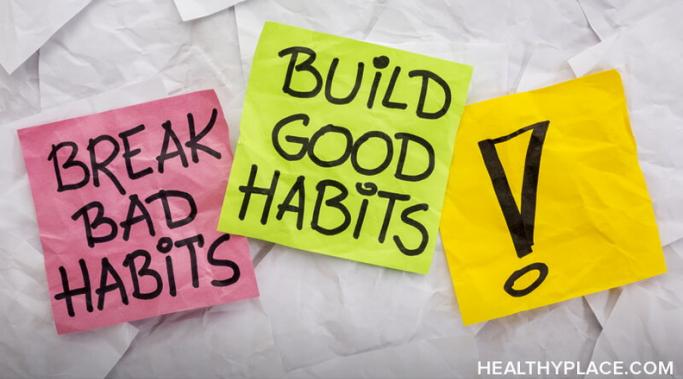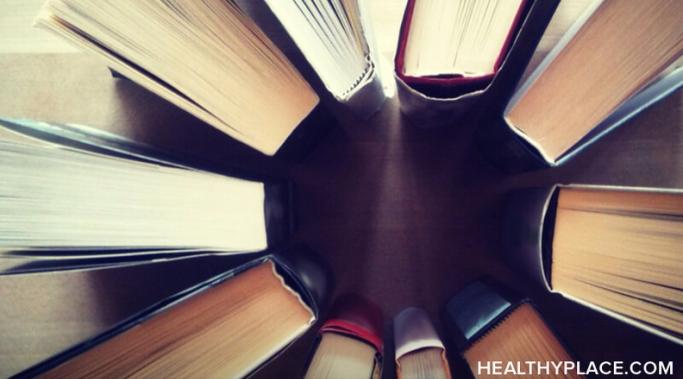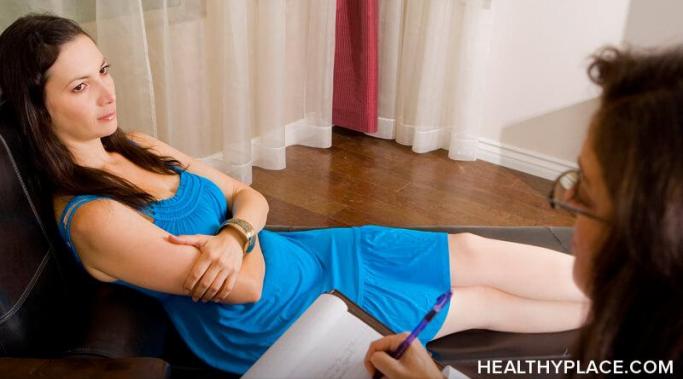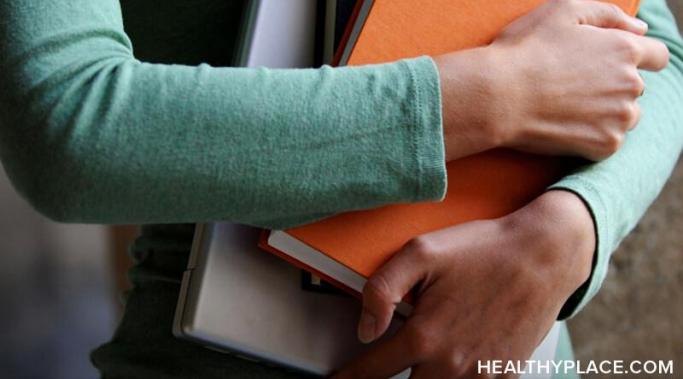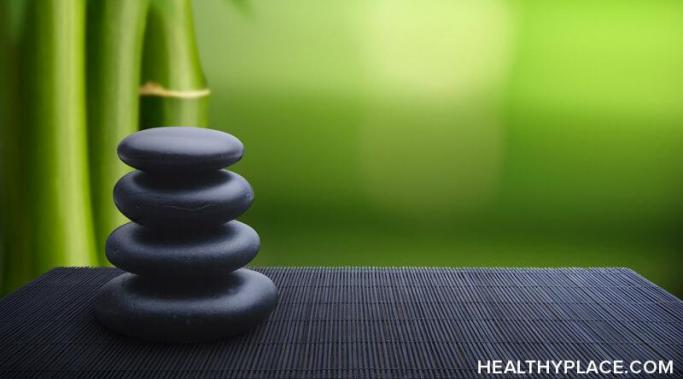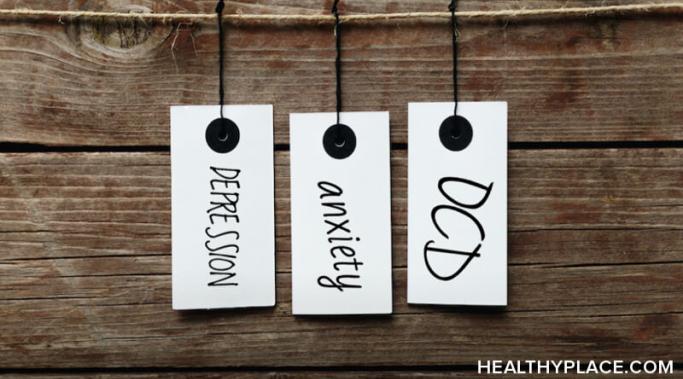Creating a morning routine matters. Mornings can be tough when you have a mental illness. Warm covers, an hour of scrolling, and total denial of responsibilities used to be my go-to routine. While indulging in my escapism, I unknowingly set myself up for an unbalanced day. Now I've realized it's much harder to have a bad day when I've had a good morning, so building a healthy morning routine that helps my mental health has been essential in my recovery journey.
Self-Improvement - Recovering from Mental Illness
I'm someone who is always extremely anxious to reach an "end goal." This often makes it difficult to be mindful and appreciative of the steps and paths it took to achieve that goal. In recovery, it can be difficult to appreciate what life offers, but each step in life is its own gift, and enjoying the journey can be even more meaningful than reaching the destination. There is a mindful quote that helps me appreciate the journey.
One of the most complex parts of my recovery journey has been facing and letting go of the overwhelming guilt and shame I have attached to my past. These strong emotions can be difficult to work through, but there is freedom in learning from guilt. I am working on finding the lesson in each circumstance and letting go.
I think about diagnosis a lot—mostly because I live with undiagnosed mental illnesses. Even as a child, I never received any diagnosis for the struggles I faced, and, as an adult, all my diagnoses are self-diagnosed. I know there’s a lot of stigma attached to self-diagnosis, but I want to discuss self-diagnosis, being undiagnosed with mental illness, and their roles in recovery.
I’ve never described it in these terms, but I hacked my skin-picking disorder. Excoriation disorder used to control every aspect of my life—physically and emotionally—and I was certain I’d suffer forever. Today, I can share with you that this is far from reality. I might have skin picking disorder, but it doesn’t have me.
Up to this point in my life, addressing my mental health struggles and seeking recovery has been personal work, and I've never been to therapy to help with mental health conditions. I’ve learned about my illnesses and done self-reflection and soul-searching. It’s been by myself, except for a stint of attending peer support groups and being a part of online peer support groups. During all this time, I’ve wondered, would I benefit from therapy for my mental health?
Self-help books have been immensely helpful in my journey to recover from mental illness and generally improve my self-worth, but despite their usefulness, I'm often ashamed to admit how many self-help books I read. In my family, I'm known as the "self-help junkie" and teased as if that is a bad thing.
I've come up with many different mantras for recovery in the past few years, and even though it might feel like they're just words, I've noticed that they actually make a huge difference in how I feel about myself and my recovery journey. Today I want to share some of those mantras with you, and I hope at least one of them strikes a chord with you. If you find one you like, try repeating it to yourself any time your recovery is challenged, or even just when you get up in the morning and go to bed at night. These mantras for recovery are now yours; use them however you need.
Limitations in mental health recovery are real; but lately, I've been doing everything in my power to ignore my increasingly obvious limitations. I just don't want to be mentally ill anymore. I want it to go away so I can read and write and be a good wife and mother without a herculean effort. Even though I've been in recovery for years now, part of me still believes that if I just ignore my limitations and shame myself for having them in the first place, I'll be able to just breeze past them. Every time, this leads to a complete meltdown that forces me to honor my limitations, so you'd think I would know better by now, but here I am again, in meltdown mode.
Health anxiety used to be called hypochondria, and it's a highly stigmatized mental health condition. Instead of being taken seriously, health anxiety is often reduced to being "dramatic." I have dealt with health anxiety on and off for the last seven years, and I want to share my experience so others won't have to feel as alone as I have.
